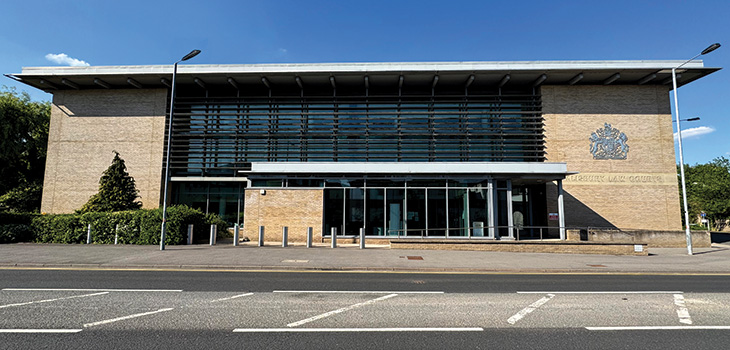
In Ayinde, the Divisional Court condemned the submission of pleadings citing non-existent cases, likely generated by tools like ChatGPT. The court stressed that AI is no excuse—lawyers must verify all references using authoritative sources.
The Civil Justice Council has now formed an AI working group to consider procedural reforms. Meanwhile, Birss LJ has called for personal accountability, suggesting future pleadings may require certification of AI-free content or verified use.
The authors urge lawyers to avoid blind reliance on AI, supervise junior staff, and document source trails. The message is clear: AI may assist, but it cannot replace professional judgment—and placing false material before the court, knowingly or not, could amount to contempt.










